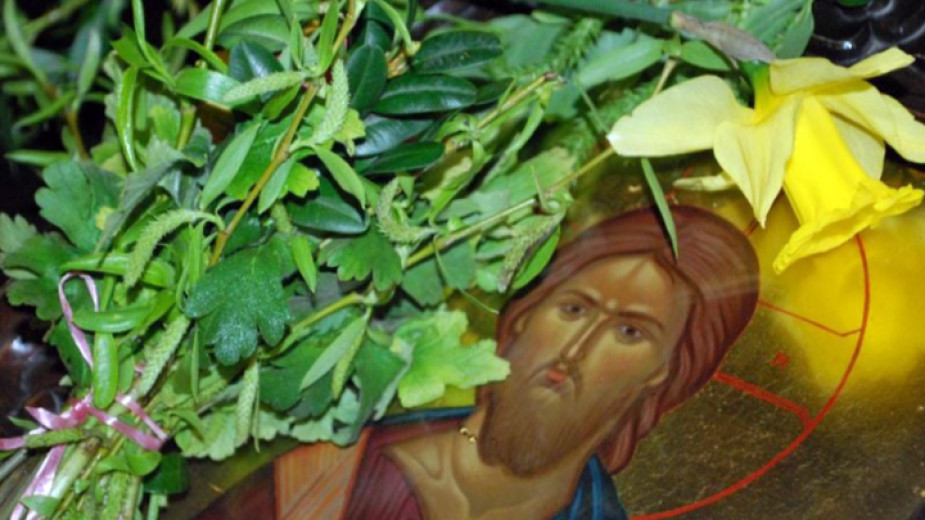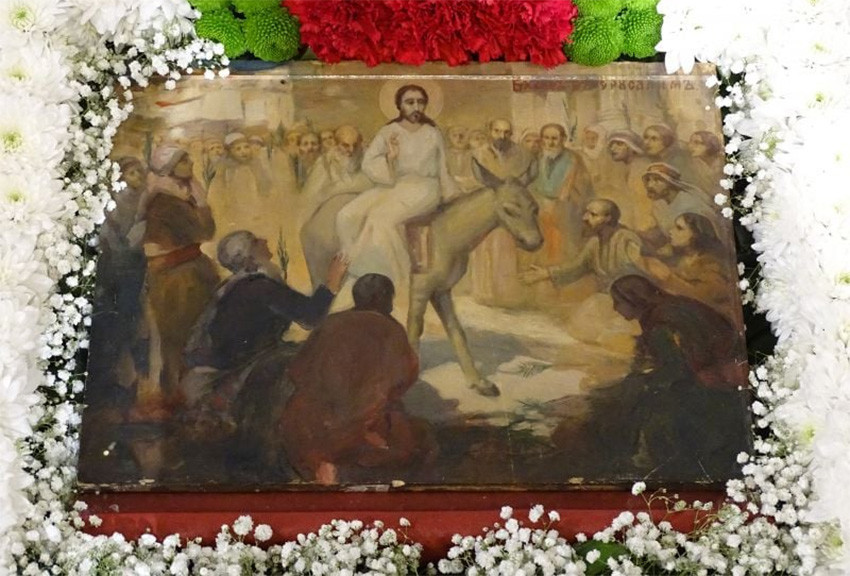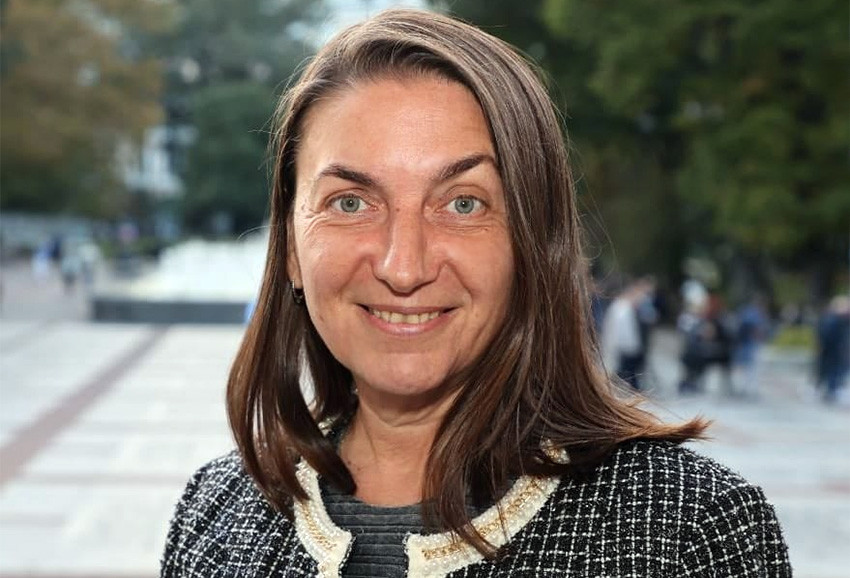 7
7




The visiting exhibition of the Regional Museum of History in Vratsa “Gods, symbols and ancient signs” opens at 11 AM on 11 May at the National Anthropological Museum under the auspices of the Bulgarian Academy of Sciences’ Institute of Experimental..
On May 11, the Bulgarian Orthodox Church honours the memory of the Holy Equal-to-the Apostles and Co-Patrons of Europe Sts. Cyril and Methodius, creators of the original Bulgarian alphabet - the Glagolitic alphabet known in Bulgarian as Glagolitsa ...
The town of Petrich is picturesquely located at the foot of one of the most beautiful and still untouched by tourism mountains - Ograzhden and Belasitsa. The area around the southwestern town has been inhabited since ancient times, as..
The visiting exhibition of the Regional Museum of History in Vratsa “Gods, symbols and ancient signs” opens at 11 AM on 11 May at the National..
On May 11, the Bulgarian Orthodox Church honours the memory of the Holy Equal-to-the Apostles and Co-Patrons of Europe Sts. Cyril and Methodius, creators..

+359 2 9336 661
